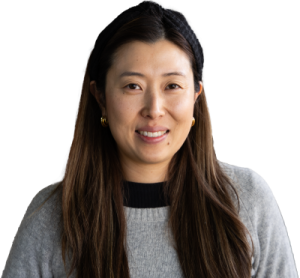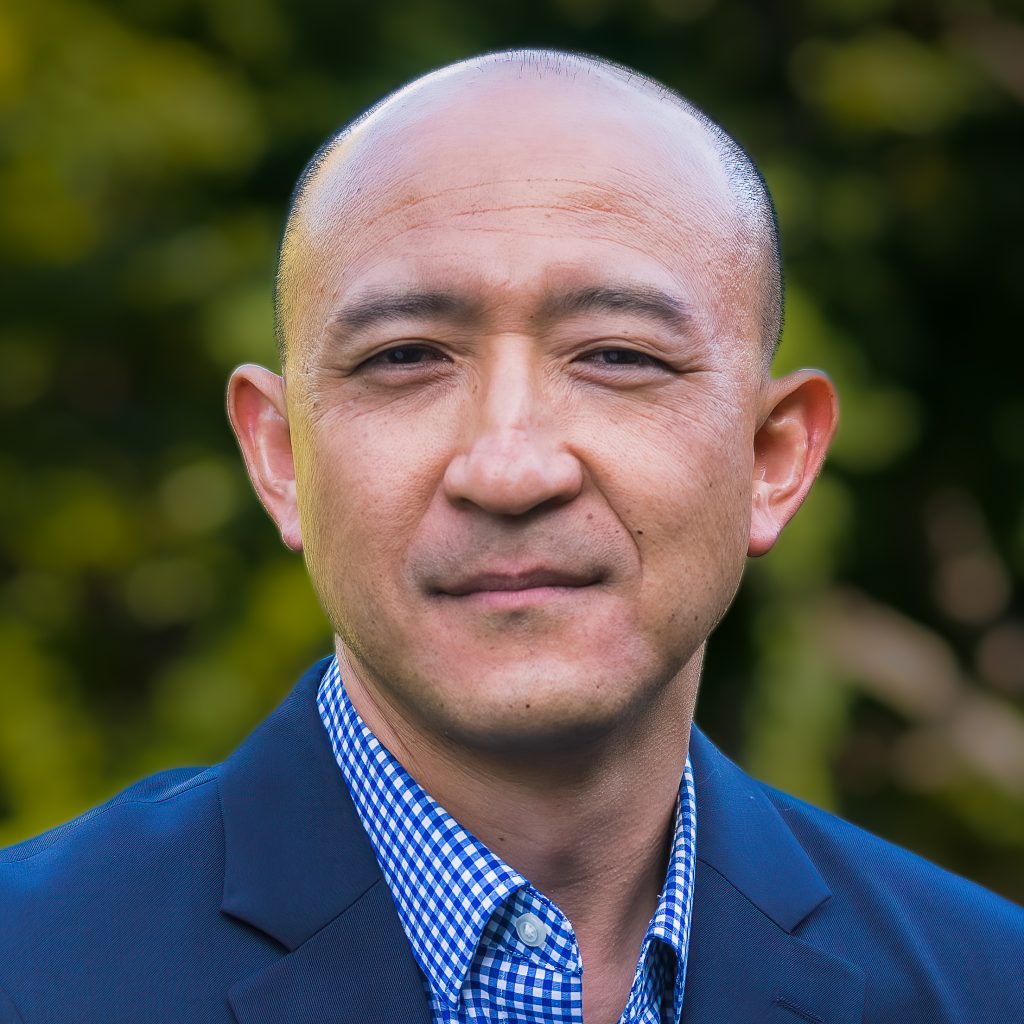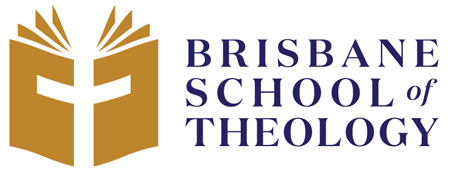
Director of Centre for Asian Christianity
This is the reality for many of us.
Maybe you took a subject, one assignment, one workshop, or a once-off lecture… Would that equip you to serve effectively where God has sent you?
Too often, leaders in ethnic churches go into ethnic church ministry unprepared. We are unprepared because we haven’t had the opportunity to study what our migrant and bi-cultural church context is like. We are missionaries in our own churches, learning to serve in an environment with tacit rules, but in many cases, we struggle to flourish.
We are also unprepared because we don’t sufficiently know ourselves. Yes, we study another culture, but we ourselves are not culturally neutral! We can bring our own unprocessed ethnic baggage into our ministries. This is usually because we are trained in Western bible colleges and schools, with the assumption that we ourselves are White. While this has enriched us immensely, it is not sufficient.
As Calvin writes, we need not only knowledge of God, but knowledge of ourselves, both collective and individual. A contextualized theology is needed. This book by Daniel D. Lee is one such articulation.
Lee begins with his own story, of wanting to leave his Asianness behind, particularly when it came to theology: “Having an Asian heritage or being Asian American did not seem to help me be a better disciple of Christ, but it was rather baggage that I hoped to leave behind.” …”At seminary, I wanted to leave behind my Korean and Asian American ‘pond’ to become a theologian in the bigger mainstream ‘ocean’. However, I came to realize that wherever I go I take my Asian American self with me.”
Of the Asian American Christian scene, he says “I have seen too many Asian American pastors complain about all the suffering and abuse experienced under first generation pastors, or cultural problems of Asian American ministries, only to perpetuate the same patterns in their newly formed ministries…for those Asian Americans who reactively escape to White or “multiethnic churches, their particular pains and hurts often remain undealt with…because many of these so-called multiethnic churches fail to spiritually address the issues that lie below the surface.”
Instead of the Asian self being hidden underneath, “Asian American Christians even when lacking critical language and limited in their explicit theology, still intuitively discern the kind of subtleties relevant and important for effectively serving their community. The vision of this book is to make those implicit contextual ministry intuitions explicit and theologically rigorous.” and available for reflection and analysis to see its effects on our ethnic and spiritual formation, and also church life. You may have heard that we need to not only exegete the passage, but exegete the culture. Lee has developed the Asian American quadrilateral (AAQ), which is a tool for this very purpose. The four quadrants are:
(1) Asian Heritage: cultural, religious and philosophical inheritance.
(2) Migration Experience: encompassing immigration, refugee experiences, transnationalism, intergenerational issues and the acculturation/assimilation process.
(3) American Culture: multiculturalism, the Western intellectual tradition, and missionary/colonial histories.
(4) Racialization: forms of discrimination, including microaggressions and structural racism
He then has two final chapters that help piece together the four quadrants, ‘Fragmentation and Integration’ and ‘Embodiment and Ecclesiology’. These chapters really bring to bear the practical implications the AAQ has on our personal and church lives.
The AAQ helps to conceptualize various areas for further research, for story telling and for deep reflection on how those areas impact one’s faith formation and relationship with God.
In summary, he says of this endeavor:
“Asian American theology is about God revealed in Jesus Christ in covenantal relationship with Asian Americans qua [as] Asian Americans…no theology can implicitly pose as objective universal science, as White-normative theologies have done for too long.”
Ultimately, the book is not just for Asian heritage people: “The urgency of this task is not only for the Asian American church and the Asian American Christians in diverse ministry contexts, but also for the life of the universal church that would benefit from all the gifts that Asian Americans bring.”
Many of us 2nd generation pastors consider ourselves missionaries in migrant churches. But bible college does not give us much of a chance to study the culture that we’re in. We think we know it because many of us are 2nd generation ourselves, but we don’t know how to articulate or theologize. Let this book help you. The framework is simple enough to remember, but sufficiently deep to encompass a diverse range of Asian Australian experiences and ethnicities without resorting to stereotypes or generalizations. This is important, since as a Chinese Australian Christian, our experience can dominate the conversation – but we don’t speak for all Asian Australians.
When I took Prof. Daniel’s class which this book was based upon, it blew me away completely. Too often my thoughts on ‘2nd gen ministry’ were confined just to ONE quadrant – the Asian heritage one. In my earlier studies, I only looked here: finding concepts such as shame/honour, face saving, academic perfection; themes linked to my ancestral country. However, once you look at all four, your mind is blown wide open – you are given the words on how to articulate your context, to tell your story, and to see how God is in it all. For those who might think the book is ‘too American’, I invite you to consider how often you have said the same of books by Anglo authors, such as Tim Keller or John Piper. When he discusses race especially, I encourage you to be open to the phenomena he describes, because I believe the issues are surprisingly relevant. For example, he articulates the experience of racial microaggressions (p156-17) which gives vocabulary to those small but well-intentioned moments where stereotypes are used towards Asians or people of Asian backgrounds implying that they are considered not fully American (or Australian, in our case). To get the most out of this book, questions are provided at the end of each chapter. These are useful to help practitioners in Australia re-contextualize from the American context.
In line with our mission to highlight and amplify research and scholarship, we are encouraging people to engage with scholars socially located in Asia and the Asian diaspora through this series. These are not reviews, but attempts at summaries with some brief reflections for the purpose of introducing resources we believe will bless your ministry.
Given Asian Christian writers are less likely to get published compared with Anglo writers, please support the Asian Christian voice by considering a purchase of their book. It will no doubt encourage publishers to invest into a plurality of voices within the global church.
Save the date!
If you enjoyed this article, you’ll love our upcoming online lecture with Dr Daniel D. Lee, the author of “Doing Asian American Theology”. Dr Lee will be discussing some of the principles in his book in more detail followed by a Q&A session in which we will spend some time applying the principles to our specific contexts.
When: Saturday October 28th, 2023
Time: 9:30am-11am
Where: Online.
Cost: Free!




